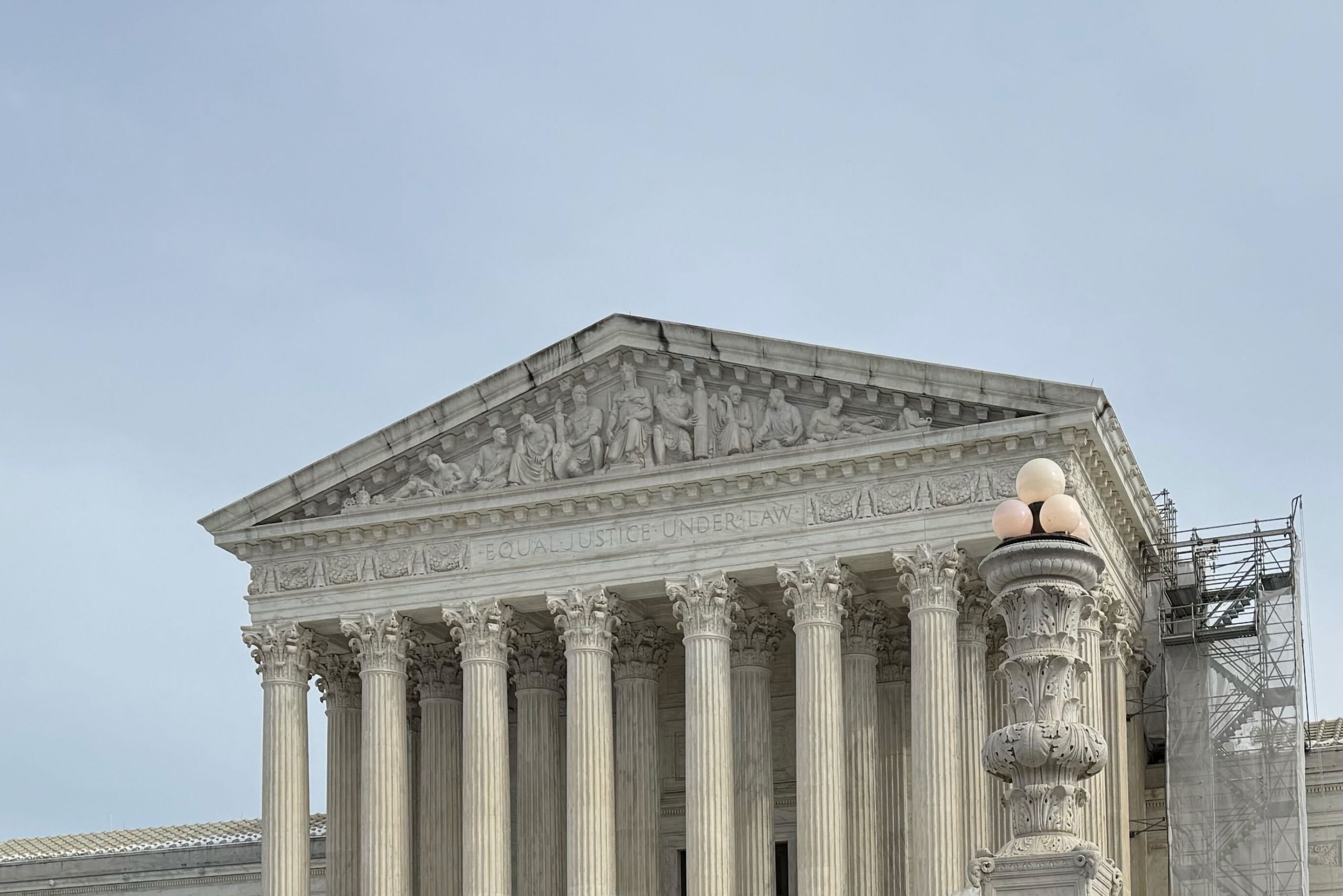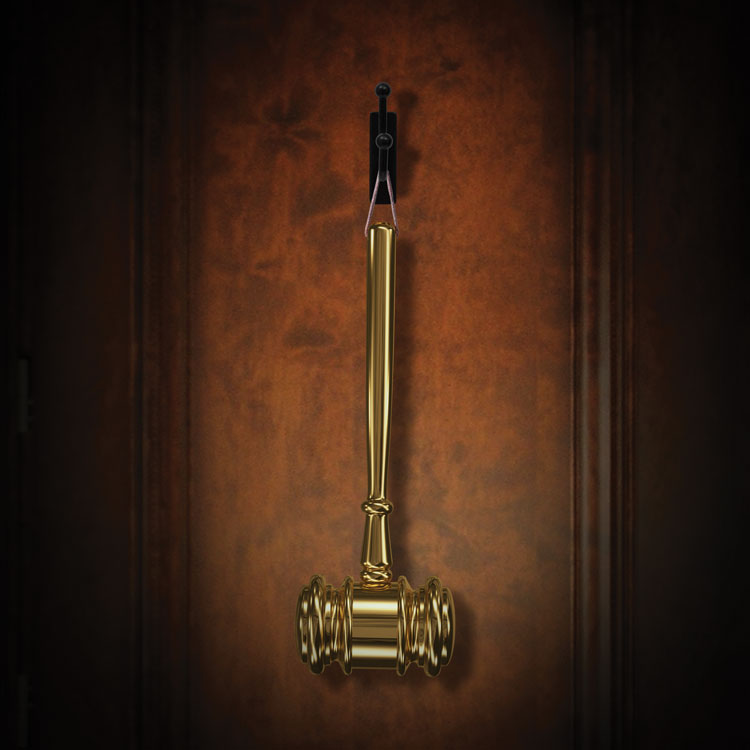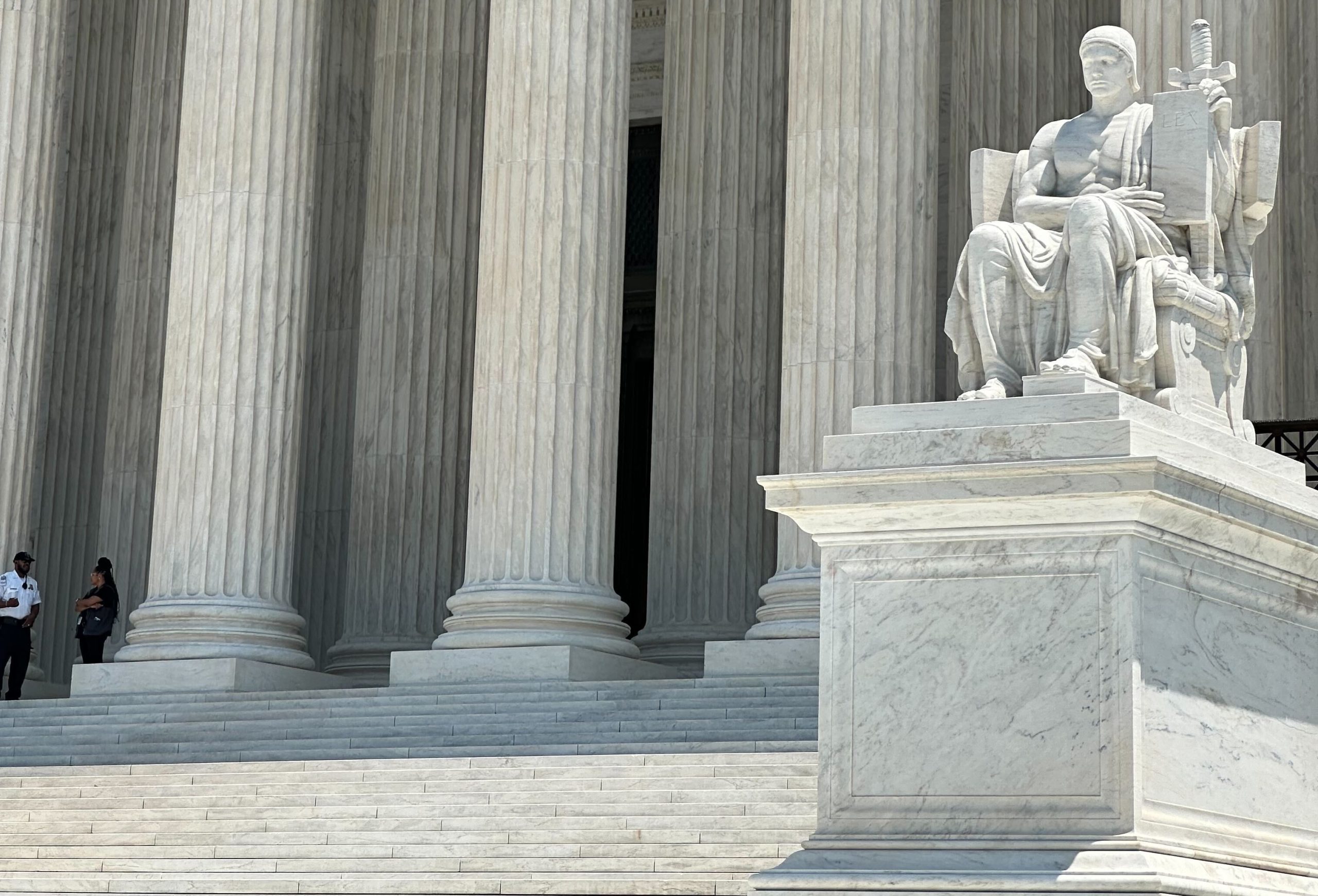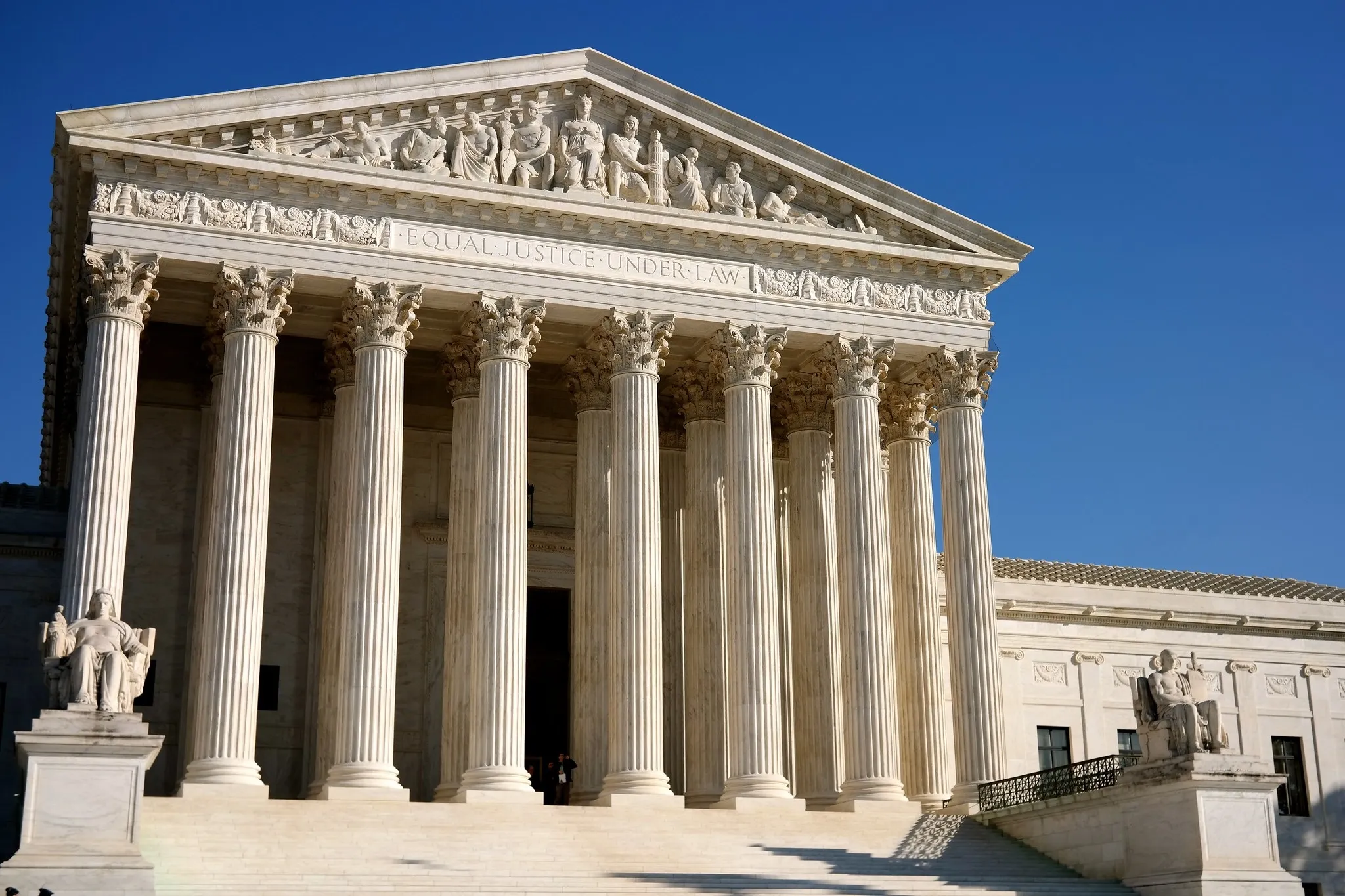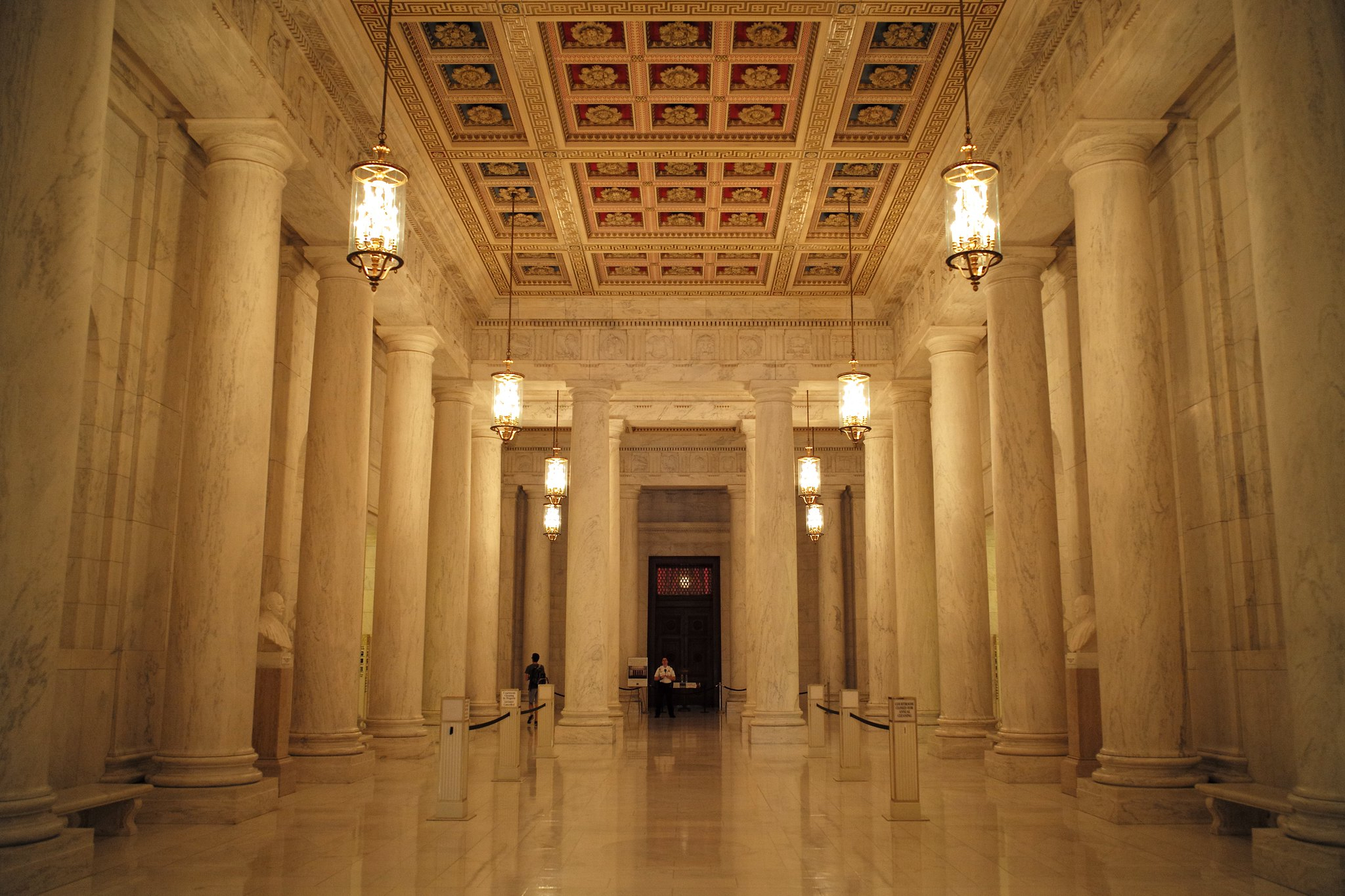Supreme Court rejects Trump’s attempt to remove watchdog agency chief
EMERGENCY DOCKET
The Supreme Court left in place, for now, an order issued by a federal court in Washington, D.C., which instructed President Donald Trump temporarily to reinstate the head of a federal agency that protects whistleblowers against retaliation. The Supreme Court did not act upon a request by the Trump administration to block an order by U.S. district judge Amy Berman Jackson that restored Hampton Dellinger as the head of the Office of Special Counsel. This order had been in place for 14 days beginning on February 12. Instead, the justices explained in a brief order, they put the government’s request on hold until Jackson’s order expires on Feb. 26.
Justice Neil Gorsuch, joined by Justice Samuel Alito, dissented from the court’s decision not to act on the Trump administration’s request.
Justices Sonia Sotomayor and Ketanji Brown Jackson indicated, without explanation, that they would have denied the government’s request.
Friday’s order was the first time that the Supreme Court has acted on a request from the Trump administration to intervene in one of the dozens of lawsuits filed to challenge actions taken by Trump and his administration since his inauguration on Jan. 20.
The Office of Special Counsel was created in the wake of the Watergate scandal and is intended to protect federal government employees from activities that are banned in the federal workforce, such as discrimination, improper hiring practices, and – in particular – retaliation. Under the federal law creating the agency, the president can only remove the head of the office, who serves a five-year term, for “inefficiency, neglect of duty, or malfeasance in office.”
Hampton Dellinger was appointed to serve as the head of the Office of Special Counsel in 2024 by then-President Joe Biden. On Feb. 7, Dellinger was fired in an email that did not cite any reason for his removal.
Dellinger went to federal court to challenge his firing. Jackson issued a temporary order on February 12 that reinstated Dellinger’s employment for 14 days.
A federal court in Washington, D.C., refused to intervene. It ruled on Feb. 15 that it lacked the power to review the Trump administration’s appeal because – unlike preliminary injunctions, which provide relief while litigation continues unless they are overturned – temporary restraining orders generally cannot be appealed.
Acting U.S. On Sunday night, the Solicitor-General Sarah Harris asked the Supreme Court to intervene. She argued that the president has the right to remove senior officials whenever he wishes. That conclusion is reinforced, she contended, by recent decisions by the Supreme Court holding that restrictions on the president’s power to remove the heads of the Consumer Financial Protection Bureau and the Federal Housing Finance Agency violate the Constitution.
It does not matter, Harris added, that Jackson issued a temporary restraining order restoring Dellinger to office. A temporary restraining order like this one, Harris told the justices, can be reviewed now because it “deeply intrudes into the core concerns of the executive branch.”
Harris noted that since the president’s inauguration in January, district courts have issued a variety of TROs blocking the president’s initiatives. If the Trump administration cannot appeal those TROs, she warned, “district courts are more likely to be enticed into issuing more aggressive TROs.” “Indeed,” she continued, under Dellinger’s theory, “a district court’s notorious injunction against the bombing of Cambodia during the Vietnam War would have been unreviewable had it simply been issued as a 28-day-long TRO.”
Dellinger urged the justices to leave Jackson’s order in place. He cautioned that considering the government’s appeal would open the floodgates to more appeals from temporary restraining orders, creating a “rocket docket straight to this Court even as high-stakes emergency litigation” – such as the challenge to the freeze on funding for programs run by the U.S. Agency for International Development and an order by a federal judge in New York that bars members of the “Department of Government Efficiency” from accessing data at the Treasury Department – “proliferates across the country.”
Moreover, Dellinger added, Jackson’s order simply leaves the status quo in place while “extremely expedited proceedings” to resolve the dispute move forward. Jackson could decide the case in a way that would not require this Court to intervene (or at least create an appropriate record).” Dellinger, the court noted, had emphasized that the temporary injunction “is due to expire” on February 26. Jackson had scheduled a hearing for his motion for a preliminarily injunction at that time. The court, taking both factors into account, put the government’s application on hold until February 26. Gorsuch questioned Jackson’s authority to order Dellinger to be reinstated, since courts in early U.S. History would not have had that power.

